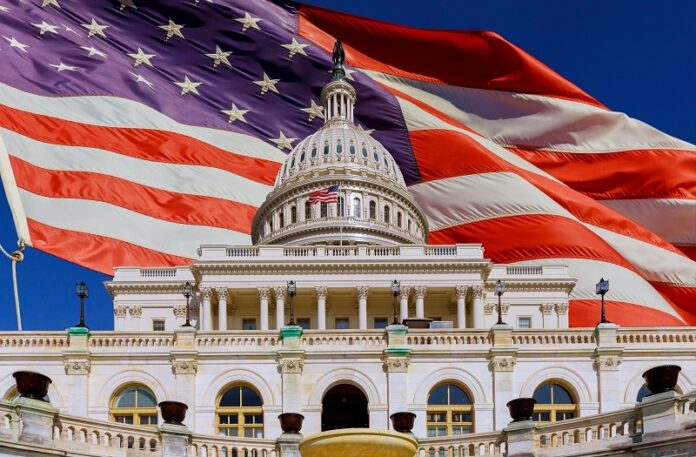- The invoice goals to make sure that the DeFi protocol working in america imposes strict controls on their customers.
- The controls proposed within the invoice resemble those who apply to conventional banks.
- The invoice additionally imposes id verification necessities on crypto kiosks.
The US Senate is able to attempt to regulate the cryptocurrency business once more with a brand new invoice that goals to impose strict anti-money laundering (AML) necessities on finance protocols decentralized (DeFi).
In line with the outline of the invoice, the Enhancing Nationwide Safety for Crypto-Property Act of 2023 would require DeFi protocols to impose bank-like controls on their consumer base. In line with the backgrounder, the invoice goals to “fight the rise of crypto-facilitated crime and shut the avenues of cash laundering and sanctions escapes which can be essential to our nationwide safety.”
Verification and assortment of buyer data,
Anybody with a cryptocurrency pockets can use DeFi protocols, that are monetary functions that permit borrowing, lending, and buying and selling digital currencies utilizing sensible contracts. They use blockchains with out permission, which makes them more durable to manage than centralized crypto companies like Coinbase.
The proposed laws goals to unravel the issue of regulating DeFi protocols by imposing obligations on “any one that ‘controls’ a DeFi protocol or makes out there an software to make use of a DeFi protocol”. This most definitely refers to organizations like Unswap Labs creating advanced sensible contracts for simplified interfaces for protocols just like the decentralized change Uniswap.
In line with the invoice’s background doc, “if nobody controls a DeFi protocol, then – as a backstop – anybody who invests greater than $25 million within the growth of the protocol will probably be responsible for these obligations.”
These monitoring entities ought to filter and compile knowledge about their prospects, preserve anti-money laundering applications updated, alert authorities to suspicious exercise, and stop those that have been sanctioned from utilizing their protocol.
